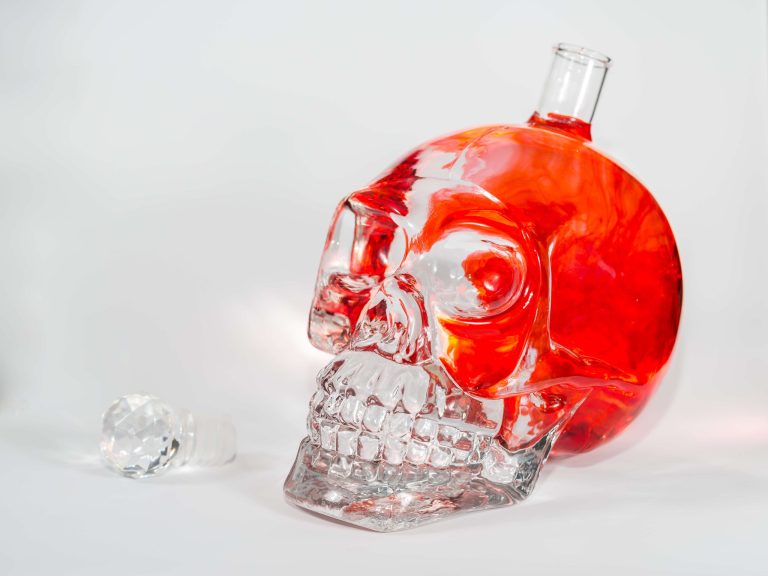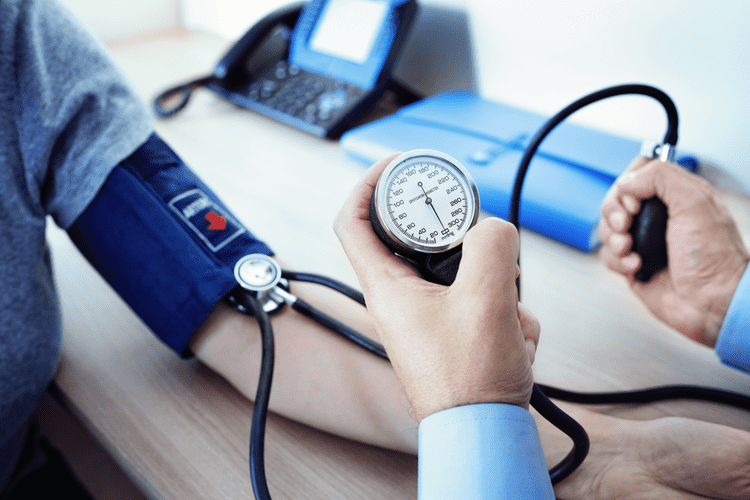This myth likely grew to prominence because of the way its often drank—as a shot. Mezcal is made from agave, a plant that can have larvae called gusano de maguey. There are many theories as to why people started putting the larvae in mezcal. Some say that the distiller Jacobo Lozano Páez added gusano to mezcal for flavor back in the 1940s. But many believe the idea of larvae being added to mezcal simply comes down to marketing.
- Gastroenterologists emphasize that drinking on an empty stomach can lead to faster absorption and increased sickness, regardless of whether one starts with beer or liquor.
- It’s important to clarify that eating before drinking may offer a temporary moderation of blood alcohol concentration (BAC) increases, leading to a slower onset of alcohol’s effects.
- Alcoholics Anonymous (AA) is one of the most widely used support groups for alcohol in the U.S.
- The results of this state called hypoglycemia, or lower than normal blood sugar.
- While some might have a heavier body, not all of them do, and the color of the beer doesn’t determine its alcohol content.
You can’t become an alcoholic by drinking only beer.
- When you drink on an empty stomach, alcohol passes quickly into your bloodstream, which can lead to a faster and higher peak in BAC.
- Likewise, food might help soak up a little bit of that alcohol in your system, but you have to have it in your system first.
- Moderation and awareness are more important than the type of drink.
- Additionally, alcohol has been shown to reduce the natural shivering response, an involuntary action that generates heat and helps to keep the body warm.
- This translates to a 5-ounce glass of wine, a 12-ounce beer, or a 1.5-ounce shot of distilled spirits like vodka, whiskey, or tequila.
You may hear a lot of tales around how to make drinking “easier” or “healthier,” but in reality, there aren’t any shortcuts or magic tricks out there. That’s why it’s best to consume alcohol safely and in moderation — without buying into any myths. This is because while it may feel like you’re taking the edge off your hangover and nausea by downing more drinks, doing this will only prolong your recovery process. All you’re doing is adding more toxins to your body that’s already working overtime to clean out the alcohol you’ve already consumed.
Food News
Not much progress has been made in predicting the risk of addiction. Prystowsky says that as a parent of a tween and teen, she gets that life is stressful, but she’s bothered by the social media memes and shares that promote drinking as just part of being a mom. But she also thinks she’ll be cutting down her consumption in the near future, which is something she’s done in the past. “I’m trying to find a balance with alcohol, and that’s always shifting and changing,” the mom of two explains. Some people believe they can overcome substance abuse through willpower and determination.
Alcohol is a stimulant drug.
Ingesting a combination of protein, fats, and carbohydrates before drinking may indeed delay the rate at which alcohol hits the system. While it’s true that eating certain foods can slow down the absorption of alcohol into the bloodstream, it’s a misconception to think this can fully ‘prevent’ intoxication. It’s important to clarify that eating before drinking may offer a temporary moderation of blood alcohol concentration (BAC) increases, leading to a slower onset of alcohol’s effects. However, this does not equate to the prevention of intoxication. Food in the stomach acts as a physical barrier, temporarily holding back the alcohol and releasing it more slowly into the small intestine. The effects of alcohol start sooner than people realize, with mild impairment (up to 0.05 blood alcohol concentration BAC) starting to affect speech, memory, attention, coordination, and balance.
- Debunking these common myths about alcohol & underage drinking is crucial for protecting teens’ health and well-being.
- Alcohol causes our brain to be sedated, like when getting anesthesia for a surgery, however, it does not promote the sleep patterns that are necessary for regeneration and growth.
- Experts recommend no more than 3 drinks in a single day or no more than a total of 7 drinks a week.
Professional medical staff can assist in the difficult process of withdrawal, making myths about alcohol the transition into sobriety less daunting. When you drink on an empty stomach, alcohol passes quickly into your bloodstream, which can lead to a faster and higher peak in BAC. Consuming food before drinking can slow this process, as the presence of food in the stomach activates enzymes that begin to metabolize alcohol before it enters the bloodstream.
So this means that binge drinkers who pass out at bars are considered addicts. The same can be said of the person who insists on two glasses of cabernet as they dine every night. Alcohol has long been a central part of our social gatherings, celebrations, and even quiet nights.
For some addictions, such as those to stimulants like methamphetamine and cocaine, patients do not have the dramatic withdrawal seen with benzodiazepines, alcohol, or barbiturates. However, people addicted to stimulants still need rehydration, rest, and refeeding as the drug leaves the body. More than 60 percent of adolescents in SUD treatment programs meet diagnostic criteria for at least one additional mental illness. In one study, up to 90 percent of opioid users reported using benzodiazepines, alcohol, and cocaine.
Fact: Effective addiction treatment requires a personalized approach.
Substance use disorders are chronic and relapsing conditions that involve significant changes in brain chemistry, rewiring the brain’s reward system and decision-making processes. Own Your Limits is a Defense Department (DOD) education campaign, aligned to the Defense Health Agency, for the U.S. military. The mission of the campaign is to help Sobriety Service members learn to drink responsibly, if they choose to drink alcohol. I write it to help you make an informed decision on if it’s even necessary in your life and how much it is literally hindering you. Our Treatment Advisors are available 24 hours a day to help you or a loved one access care. We’re ready to make sure you have the support you need to achieve lifelong recovery.
Therefore, while the saying ‘beer before liquor, never been sicker’ is commonly cited, it is a myth not backed by scientific research. Moreover, the belief that stimulants like caffeine can counteract the depressive effects of alcohol is also misleading. Combining substances with opposing effects can lead to adverse health outcomes. In conclusion, mixing different types of alcohol does not inherently make one more drunk; it is the pattern of drinking behavior and the quantity of alcohol that are the crucial factors. Many people believe that functioning well in daily life means their drinking isn’t problematic.




